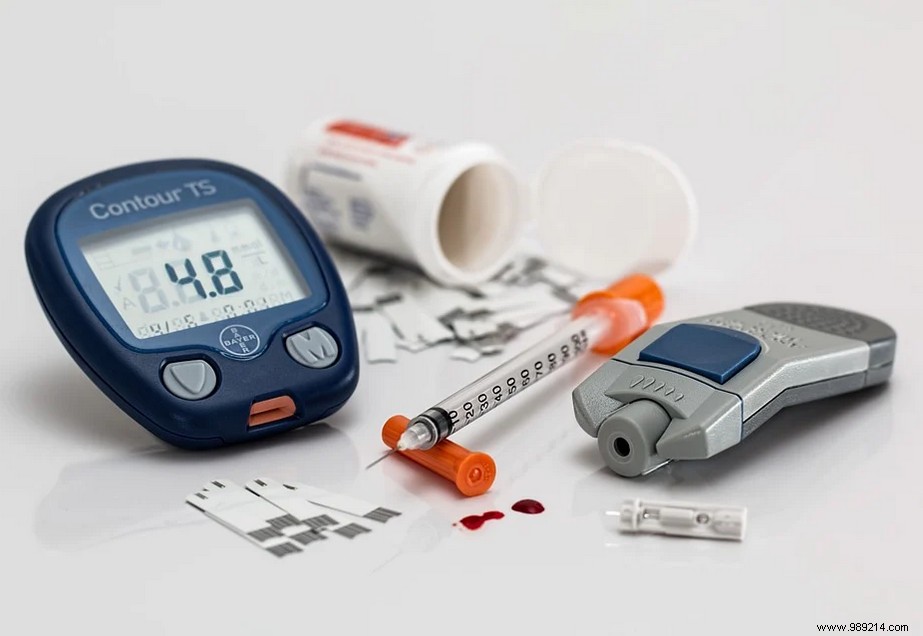Researchers from the University of Lille have made a groundbreaking discovery in type 2 diabetes treatment, identifying specific DNA mutations that enable more precise, personalized patient management.
As noted in a 2019 INSERM publication, "Diabetes is a long-lasting excess of glucose in the blood. In type 2 diabetes, this stems from disruptions in carbohydrate metabolism, leading to gradual onset but severe long-term risks, including fatal complications."
In France alone, around 5 million people live with type 2 diabetes, which accounts for 90% of all cases and increases myocardial infarction risk by 3.5 times. While multi-drug therapies have advanced, they often fail to prevent degenerative issues. Until now, genetic mutations potentially optimizing treatments remained unexplored in 99% of cases.

A study highlighted in a September 30, 2020, Medscape article and presented at the European Association for the Study of Diabetes (EASD) meeting analyzed genomes from 74,629 individuals across French, British, and U.S. cohorts. Led by University of Lille experts, it found that 2% of middle-aged type 2 diabetes patients carry mutations linked to monogenic diabetes.
Key genes include glucokinase and actionable ones like ABCC8, HNF1B, HNF4A, and KCNJ11. Glucokinase-related familial diabetes is known for fewer complications, yet patients often endure intensive therapies like insulin injections—which could now be reduced or eliminated. Non-insulin alternatives may offer better efficacy and cost savings.
This research promises more precise diagnoses, sparing patients unnecessary heavy treatments that overlook root causes. Future studies will explore those with actionable monogenic mutations for optimized care.